Honey, a syrupy liquid made from plant nectar, is a rich source of nutrients, antioxidants, antibacterial properties, and can aid in diabetes management. It also finds use in home remedies and alternative medicine treatments
Honey contains a number of antioxidants, including phenolic acids and flavonoids.
• Protects blood sugar management, especially beneficial for type 2 diabetes patients.
• Promotes heart health with reduced blood pressure and blood fat levels.
• Effective for treating burns, wounds, and skin conditions, especially diabetes-related foot ulcers.
• Moisturizes skin and hair, aids digestion, and soothes gastrointestinal disorders.
• Provides an energy boost due to its high carbohydrate content, making it a popular choice for athletes.
• Honey is a versatile ingredient in cooking and baking, and a valuable addition to health and wellness routines.
Product Benefits
- Calories: One tablespoon contains about 64 calories.
- Antioxidants: Rich in phenolic acids and flavonoids, which help neutralize free radicals.
- Vitamins and Minerals: Contains trace amounts of calcium, iron, magnesium, potassium, selenium, vitamin C, and folate.
- Antibacterial Properties: Effective in treating wounds and burns due to its natural antibacterial and anti-inflammatory properties.
Product Description
Physical Properties:
| Colour | Flavour | pH Level |
|---|---|---|
| Ranges from nearly colourless to dark brown. | Varies from mild to strong, depending on the floral source. | Slightly acidic, around 3.9, which helps prevent bacterial growth. |
Composition:
| Sugars | Water Content | Other Components |
|---|---|---|
| Primarily fructose and glucose. | Typically around 17-20%. | Small amounts of vitamins, minerals, enzymes, and amino acids |
One tablespoon, or 20 grams (g) of Honey contains :
| Calories | Fat | Protein | Carbs | Fiber | Riboflavin | Copper |
|---|---|---|---|---|---|---|
| 61 | 0 g | 0 g | 17 g | 0 g | 1% of the Daily Value (DV) | 1% DV |
 then 'Add to home screen'
then 'Add to home screen' then 'Add to home screen'
then 'Add to home screen'




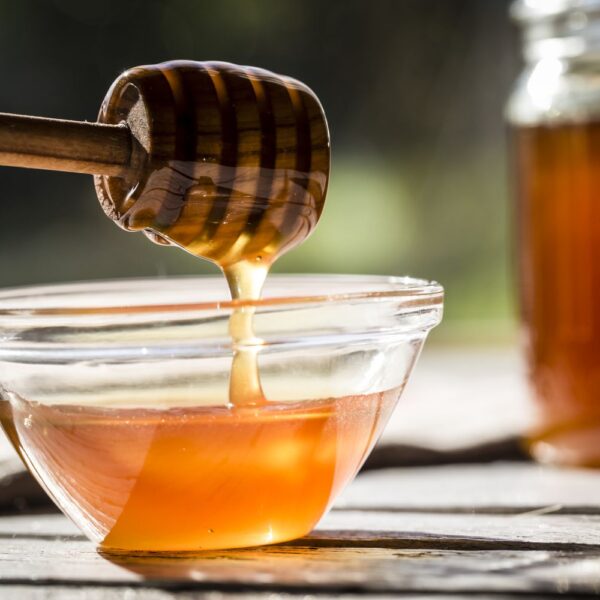
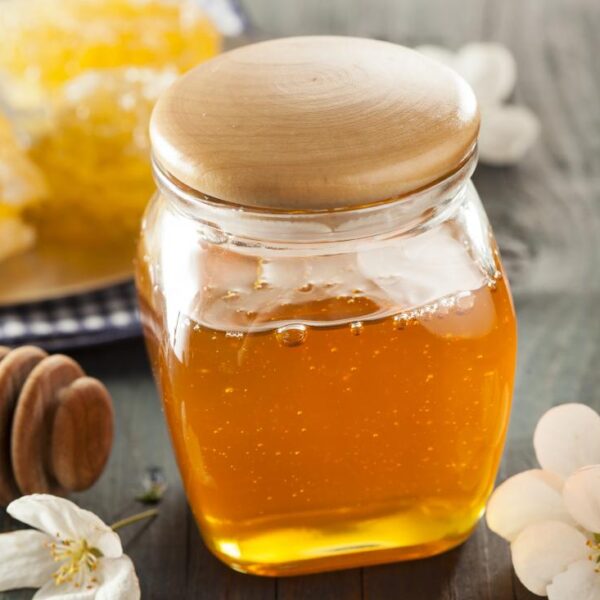
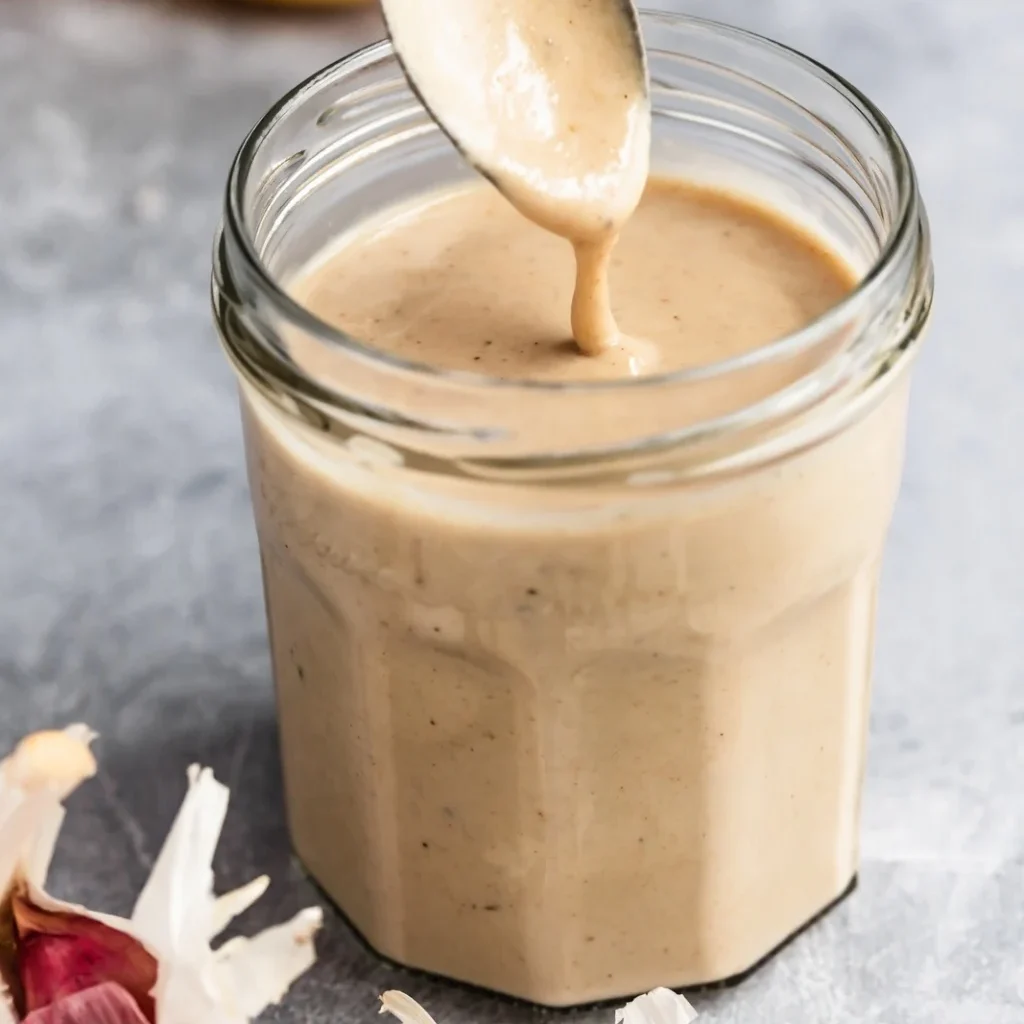
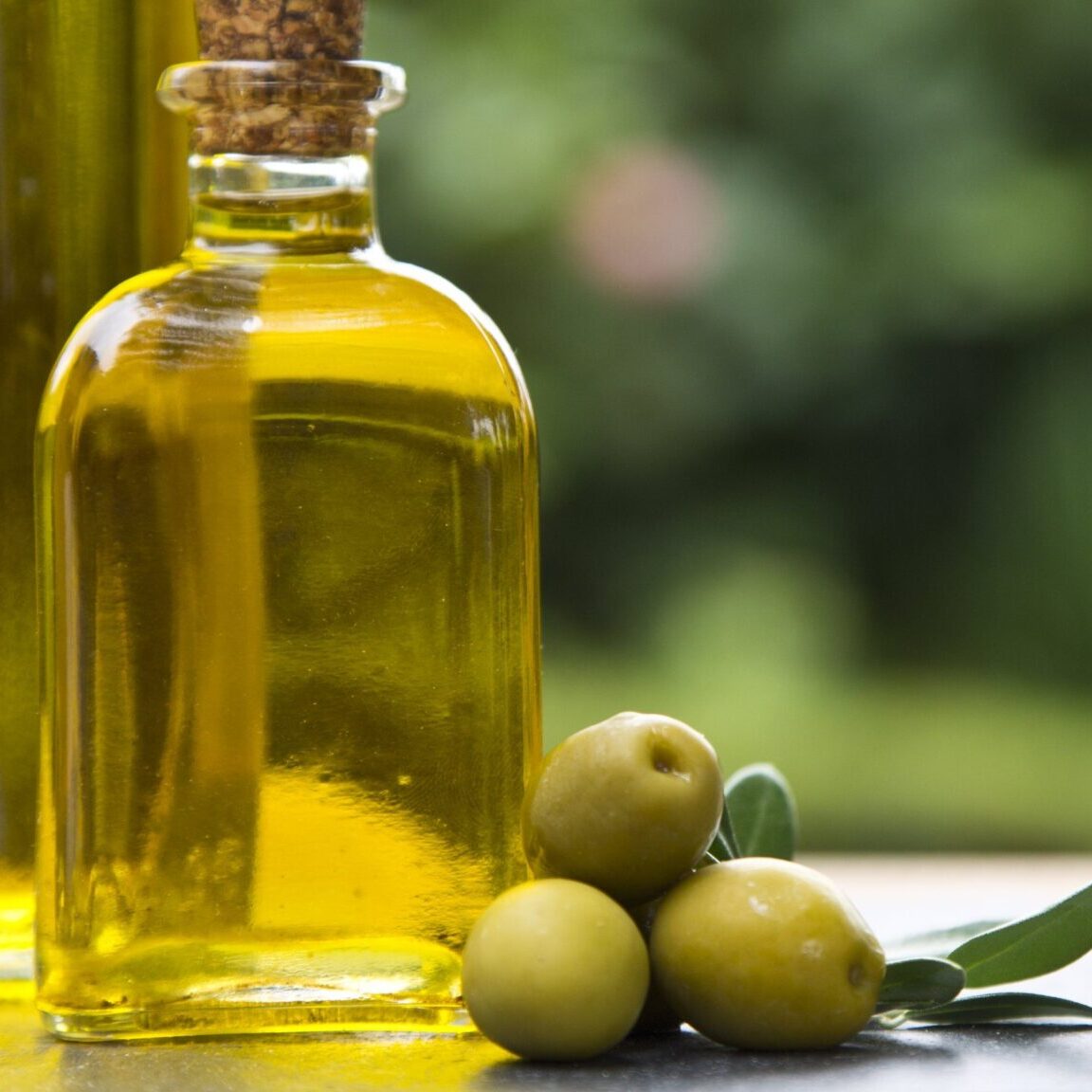
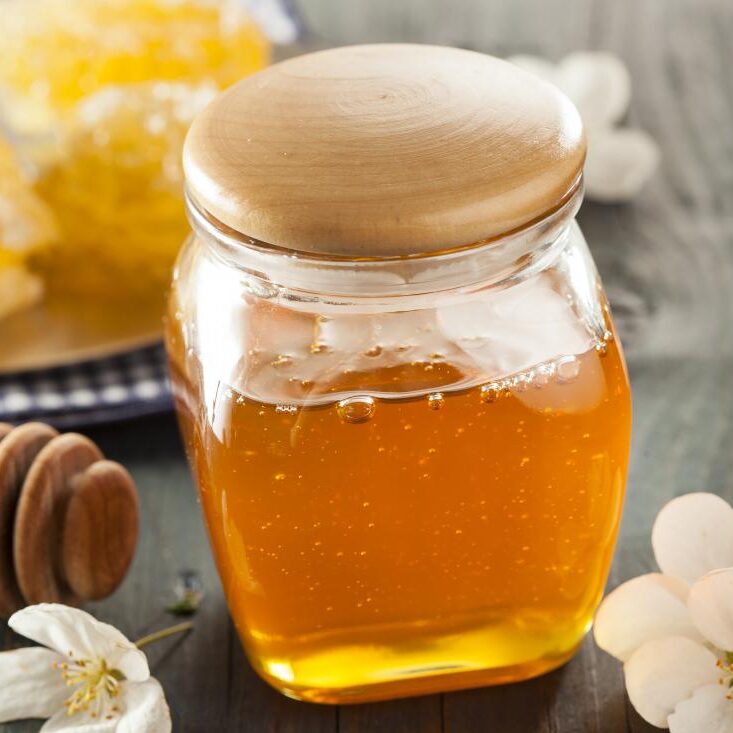
No comment